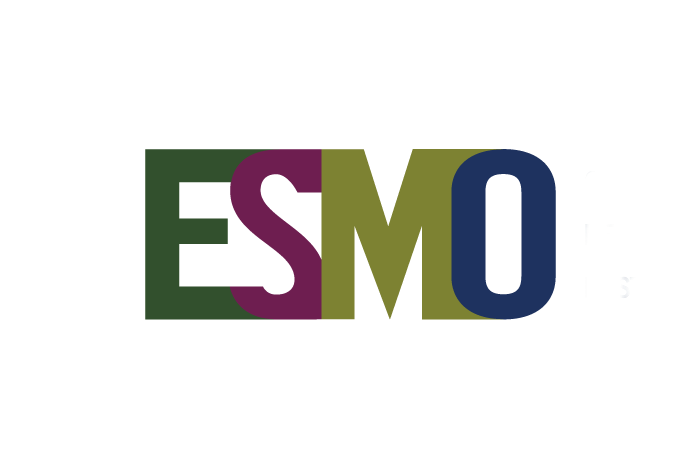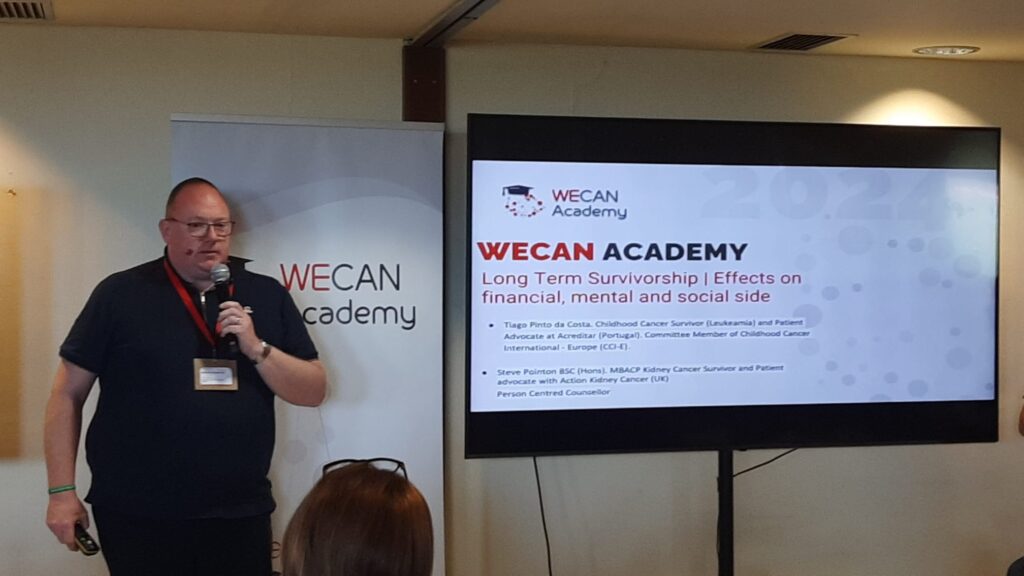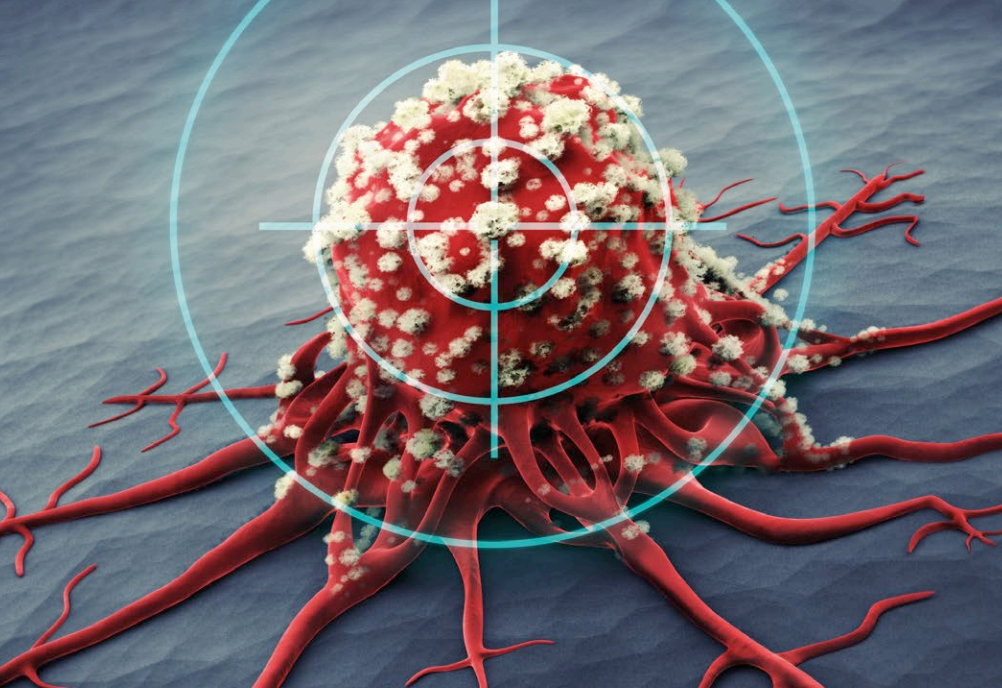Share this Page:
Non-clear cell RCC is about 20-25% of all RCC diagnoses and usually has worse survival outcomes than clear cell RCC. Both cabozantinib and immune checkpoint inhibitors have been shown to help patients with non-clear cell RCC.
KEYNOTE-427 is a phase 2 study that looked at the treatment of people with RCC with pembrolizumab as their first medicine. The patients were grouped according to whether they had clear cell RCC (cohort A) or non-clear cell RCC (cohort B).
This poster presentation updated efficacy and safety results after nearly three years of follow-up in people with non-clear cell RCC (cohort B).
Pembrolizumab was given every 3 weeks for up to 35 doses, or until the cancer got worse, or the patient could not tolerate the side effects or withdrew consent.
There were 165 patients with non-clear cell RCC in the study, most of whom had papillary RCC (71.5%). Some had chromophobe RCC (12.7%) and 15.8% were unclassified. The average duration of treatment was nearly 7 months and a third of patients had received more than 1 year of treatment. Only 15% had completed all 35 doses of pembrolizumab, and the study continues.
Just over a quarter of patients had a response to treatment with pembrolizumab and their cancer got smaller. The average duration of this response was 29 months, and it was estimated that more than half of these patients the response lasted for at least 2 years. The average time to when the pembrolizumab stopped working and the cancer started growing again (progression-free survival) was 4.2 months and average overall survival time was 29.9 months. Most patients (59.4%) had a reduction in the total number of tumours and 16.4% had a reduction of 80% or more.
No new side effects to pembrolizumab were reported, and nearly 70% of patients reports at least one treatment-related side effect. Of these, 17% were serious or life-threatening and two patients died of treatment-related side effects (pneumonia and cardiac arrest).
After following patients for nearly 3 years, treatment of patients with pembrolizumab as a first-line medicine shows promising anti-cancer activity in patients with non-clear cell RCC.













